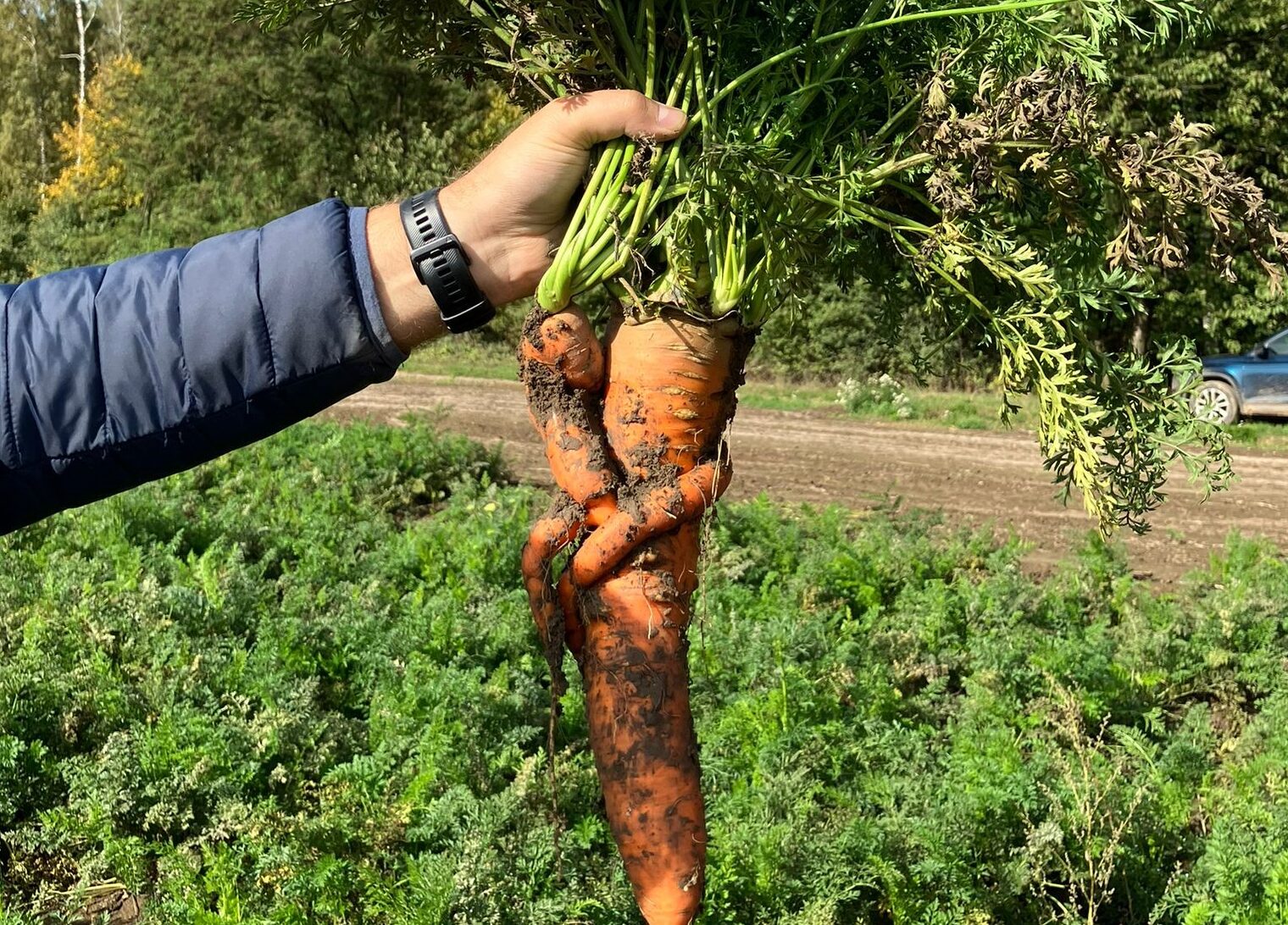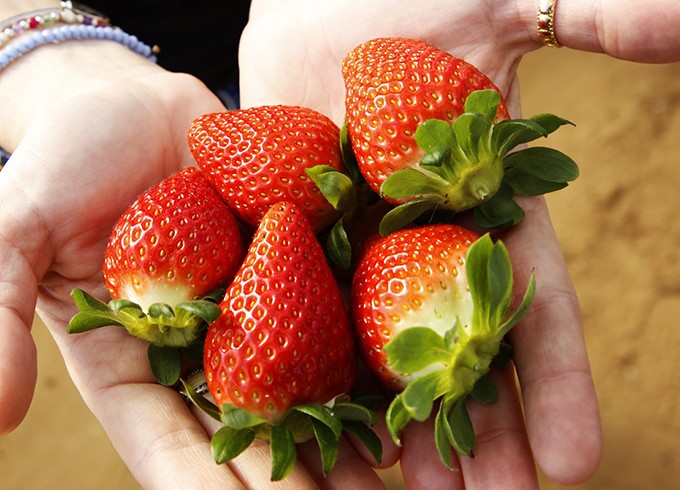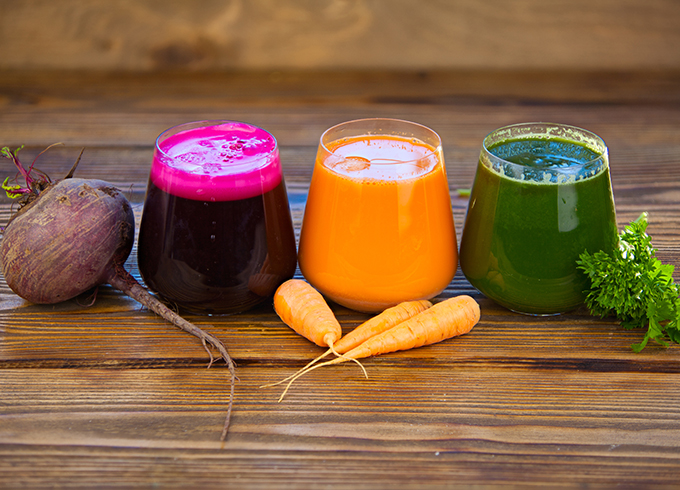BLOG: PLANT POWER – IS YOUR BRAND PROMOTING A SUSTAINABLE DIET?

Should we be adopting more plant-based, sustainable eating habits? In spring of this year, a UN report warned that 1,000,000 species face extinction without radical environmental action,[1] and one step that was recommended by the report was for the global population to reconsider the share of industrial meat and dairy in their diets.
For manufacturers and brands across the food and beverage industry, this report has served as a wake-up call. There is a real opportunity to lead the way in creating diverse, interesting food and drink products that tap into the natural health and sustainability credentials of fruits, vegetables and other plants. Plus, with more people than ever adopting vegetarian and vegan diets – 6% of the European population[2] – businesses will need to rethink and expand their vegetarian offering, as well as provide options for those who prefer to adopt a more ‘flexitarian’ approach.
How should brands react?
It’s an exciting opportunity for brands to introduce new products that make fruit and vegetables the stars of the show, and thereby tap into the vegetarian, healthy-eating and sustainability trends all at once. For example, US kombucha brand Boochcraft has recently launched two new flavours to its portfolio of raw, organic drinks that harness the flavour and health benefits of vegetable and fruit juice: orange pomegranate beet and lemon maple thyme.
Aside from creating new products, brands can also modify their current offerings to include more fruit and vegetables. Low-calorie ice cream brand Halo Top is differentiating themselves from the competition by using high-quality, authentic fruit ingredients: for example, real strawberry purée is added to their Strawberry Cheesecake ice cream.
An option for savoury food manufacturers is to explore vegan ‘meat’ options, which have fruit and vegetables incorporated to improve the consistency, sweetness and overall health benefits. For example, the Naturli’ range has recently been introduced in the UK by Sainsbury’s. Made with mushroom, tomato and beetroot juice, this product allows consumers to boost their sustainable fruit and veg intake.
Is reformulation the answer?
By using fruit and vegetables as a natural sweetener, thereby reducing the amount of added sugar in products, businesses are able to allay concerns about the sustainability of their products – while also responding to sugar taxes and the sugar reduction trend. For example, soft drinks company Clearly Drinks has launched a new brand called Upstream – boasting naturally flavoured water which has no added sugar, only natural flavours such as lime and pomegranate, grapefruit and bergamot, and cucumber and mint.[3] Similarly, concerns about the prevalence of chemical-based ingredients can be tackled by introducing purely natural ingredients that are sustainably sourced.
Whether you’re seeking to bolster the sustainability credentials of your portfolio, or make healthier, plant-based products, SVZ offers a comprehensive selection of high-quality fruit and vegetable ingredients. Get in touch today to discover more about the possibilities of our range.
[1] https://www.ipbes.net/global-assessment-report-biodiversity-ecosystem-services
[2] https://www.europeandatajournalism.eu/eng/News/Data-news/Europe-is-going-veg
[3] https://www.foodingredientsfirst.com/news/functional-beverages-antioxidants-kefir-and-botanicals-spur-npd-innovation-at-food-matters-live.html


